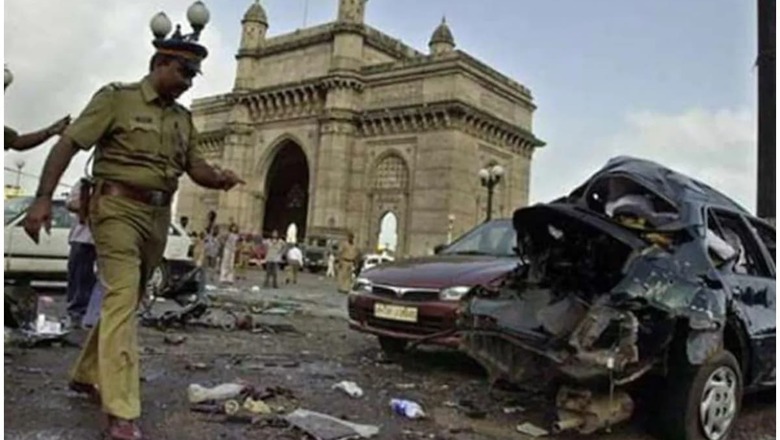
views
1993 BOMBAY BLAST ANNIVERSARY: On this day in 1993, India’s bustling financial capital, then recovering from the scars of communal violence, was under the veil of terror. One after the other, 12 blasts went off in some of the city’s busiest public places. At least 257 people died in the blasts, with over 700 injured. As Bombay (now Mumbai) pulled together the broken pieces of its spirit, the name of fugitive gangster Dawood Ibrahim, heavier than ever before, loomed over the city like a dark cloud.
The Background
In December 1992, following the demolition of the Babri Masjid in Ayodhya, riots broke out in Mumbai. They raged on even as the new year ushered in. It took nearly two months for normalcy to return.
The Blasts
- The first explosion happened around 1.30 pm on March 12, 1993. The target was the crowning jewel of the financial hub: The Bombay Stock Exchange. The attack was carried out using a powerful car bomb– a tactic that the city was going to witness a lot more in the next two hours and 10 minutes.
- The next explosion came around half an hour later. This time, the Mandvi branch of Corporation Bank was engulfed in flames.
- In the next hour and 40 minutes, bombs strapped to cars, scooters, and suitcases, were triggered every 15-30 minutes using timers.
- The blasts hit Plaza Cinema, Fisherman’s Colony in Mahim causeway, Hotel Sea Rock, the Air India Building, Zaveri Bazaar, Hotel Juhu Centaur, Century Bazaar, Katha Bazaar, Worli, and the Passport Office at Sahar airport.
- This marked the first time RDX was used to make bombs in India.
The Fatal Mistake
Three days before the blasts, on March 9, the police arrested Gul Mohammad Sheikh alias Gullu, who confessed that he was a part of the conspiracy to bomb various spots all across Mumbai. Mumbai Police allegedly brushed this off as a bluff.
The Investigation
Rakesh Maria, the then Deputy Commissioner of Police, created a task force of over 150 personnel. Reports suggest that the case was cracked within the next 48 hours.
By November of that year, the Bombay crime branch filed a primary charge sheet. This 10,000-page-long document had the names of 189 convicts. Their trial only began in 2003. In 2006, Yakub Memon, Tiger Memon, and two of their family members were found guilty.
In its judgements between 2011-2013, the Supreme Court commuted the death sentences of 10 convicts to a life sentence. It upheld the life imprisonment of 16 out of 18 convicts. Yakub Memon was sentenced to death. He was executed in 2015. Yusuf Memon died in jail in Nashik during his imprisonment.
In 2017, a special court found six prime suspects guilty of planning these attacks. These were Abu Salem, Firoz Abdul Rashid Khan, Mustafa Dossa, Tahir Merchant, Riyaz Siddiqui, and Karimullah Sheikh. Four more people wanted in the case– Abu Bakar, Saiyad Qureshi, Mohammad Shoeb Qureshi, and Mohammad Yusuf Ismail– were arrested in Gujarat in 2022.
Read all the Latest India News here

















Comments
0 comment